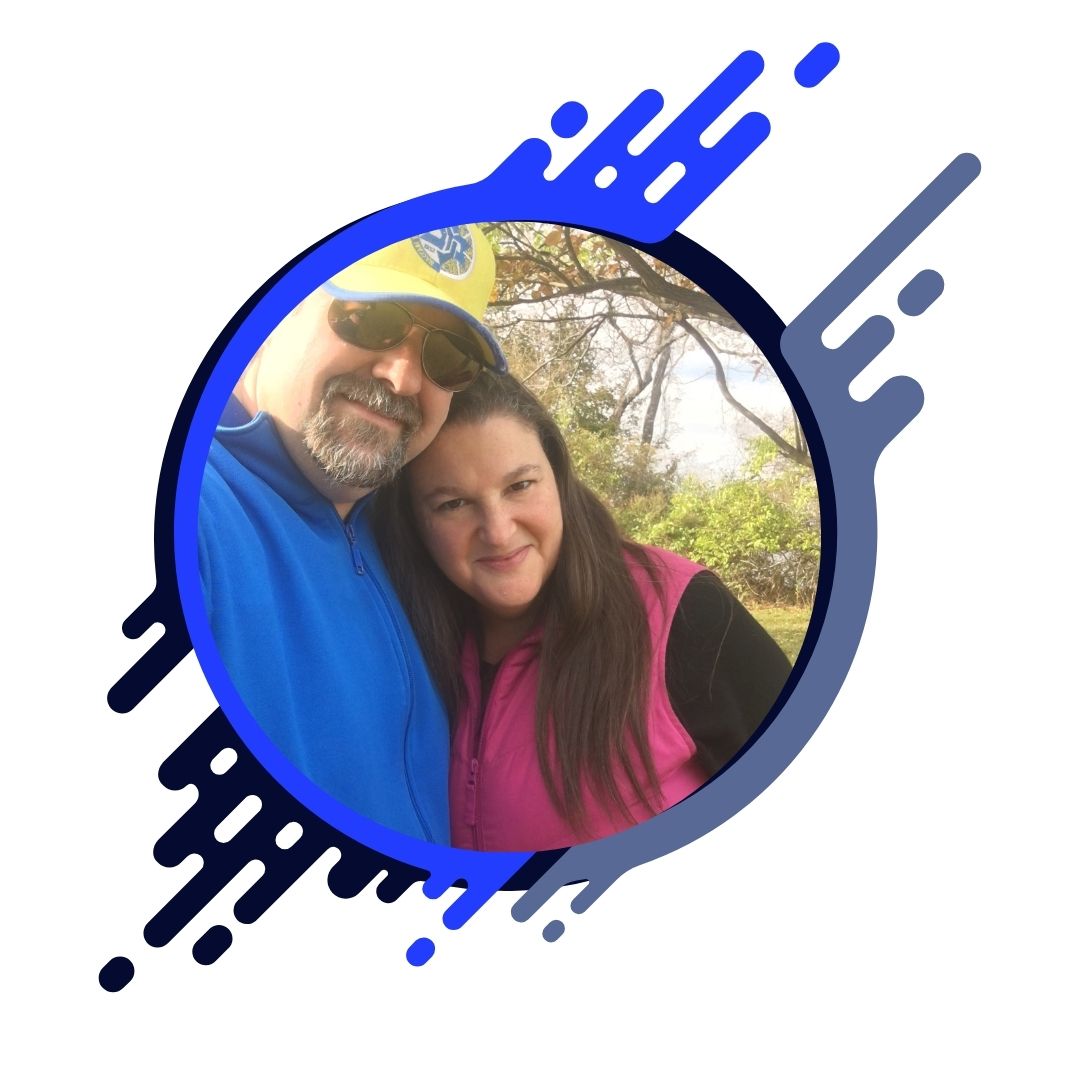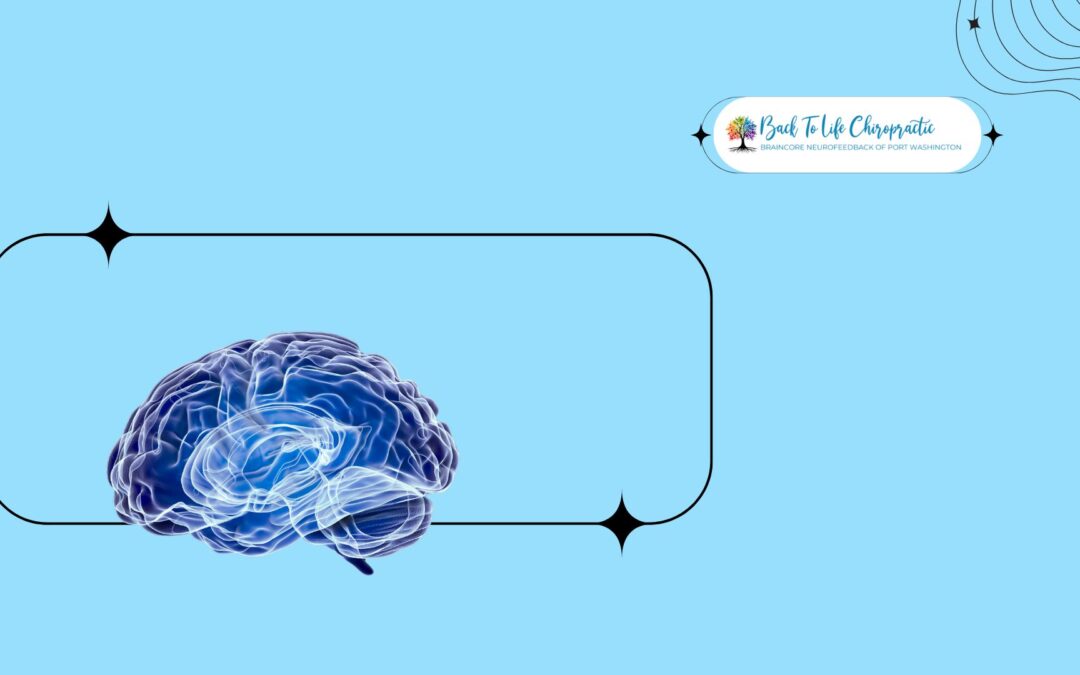
Drs. Michael Shwartzstein and Robyn Croutch bring over 45 years of experience to their chiropractic practice, focusing on holistic care for brain and body health. Inspired by a close friend’s son with ADHD, they integrated BrainCore Neurofeedback, achieving life-changing results for patients with autism, anxiety, and attention challenges. Dr. Croutch holds Dr. Amen’s Brain Health Professional Certification, and they also use thermography for early health detection. Together, they provide compassionate, comprehensive care for whole-body wellness.
For those living with ADHD—or those who love someone who does—navigating relationships can sometimes feel like a rollercoaster ride. ADHD (Attention-Deficit/Hyperactivity Disorder) impacts more than just focus—it influences communication, emotions, and daily interactions. But don’t worry, understanding these challenges and learning ways to manage them can help build stronger, more connected relationships.
Whether you’re a parent raising a child with ADHD, a holistic health seeker, or an adult with ADHD, this blog explores the ways ADHD can shape relationships and offers tools to improve and nurture them.
How ADHD Impacts Relationships
1. Communication Challenges
ADHD symptoms such as distractibility, forgetfulness, and impulsivity can create communication difficulties. For instance, an individual with ADHD may unintentionally interrupt during conversations or forget important details. This can leave the other person feeling unheard or unvalued.
2. Emotional Sensitivity
People with ADHD often experience emotions more intensely. This heightened sensitivity may lead to misunderstandings or conflicts within close relationships where routine disagreements can feel magnified or overwhelming.
3. Difficulty with Organization and Routine
ADHD impacts executive functioning, which can make staying organized and keeping commitments difficult. Forgotten appointments, a messy house, or difficulty following through on promises can sometimes feel frustrating for both partners or family members.
4. Unequal Distribution of Responsibilities
When ADHD goes unmanaged, it can lead to an imbalance in responsibilities. A partner may feel as though they are carrying more of the emotional or household load, leading to feelings of resentment over time.
5. Hyperfocus May Cause Confusion
While distractibility is common in ADHD, individuals can also hyperfocus on certain tasks or interests, making them temporarily oblivious to their surroundings. For a partner or family member, this can feel like being invisible, even if it’s not intentional.
How to Manage ADHD in Relationships
Healthy, thriving connections are achievable with understanding, patience, and the right approaches! Here are some tips to help manage ADHD’s impact on relationships:
1. Open and Honest Communication
- Acknowledge the ADHD: The first step is to discuss how ADHD symptoms affect your interactions. Being open about its impact allows both people to approach challenges with compassion.
- Active Listening: Practice fully listening to the other person, free from distractions. Repeating what was said can show you’re invested in the conversation.
2. Create Structure Together
- Set Clear Expectations: Use tools like shared calendars or to-do lists to ensure everyone is on the same page.
- Prioritize Routines: Establish predictable routines to make life feel more manageable for everyone.
3. Leverage Tools and Support
- Explore ADHD-friendly productivity tools like timers, reminder apps, and planners.
- Work with an ADHD coach or therapist who understands relational dynamics to identify solutions tailored to your needs.
4. Practice Patience and Forgiveness
- Recognize that mistakes will happen and ADHD behaviors are not intentional. Practice forgiving yourself and others as everyone learns together.
- Be patient with conversations or processes that take longer and celebrate small wins as they come.
5. Educate Yourself Together
- Understanding ADHD symptoms better can foster empathy. Invite family or partners to learn alongside you by reading books, attending workshops, or following trusted online resources.
6. Prioritize Self-Care
- For adults with ADHD, ensuring a healthy diet, sleep routine, regular exercise, and mindfulness can help regulate focus and mood.
- For loved ones, taking breaks and seeking external support (like therapy or ADHD support groups) prevents burnout.
7. Celebrate Strengths
There’s more to ADHD than its challenges. Many individuals with ADHD are creative, passionate, and driven. Celebrate these strengths in yourself or your loved one, and integrate them into your shared experiences.
Building Stronger Connections
Understanding ADHD isn’t about “fixing” someone—it’s about finding ways to support and complement one another. Relationships thrive on mutual respect, effort, and empathy, and with these strategies in mind, navigating ADHD’s impact becomes significantly easier.
If you or your loved one is looking for additional resources or techniques to foster better relationships and holistic ADHD management, don’t hesitate to reach out. Building a community of support makes all the difference.
Do you have any tips or experiences about managing ADHD in relationships? Share your thoughts below—we’d love to hear from you!


0 Comments